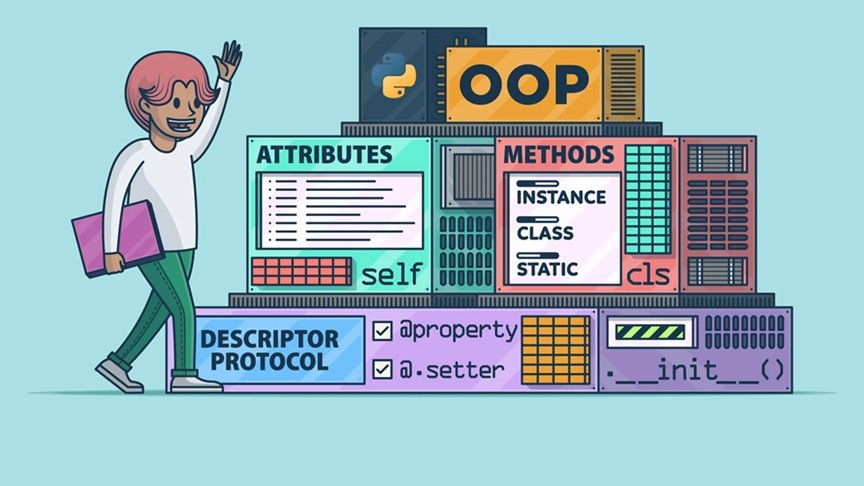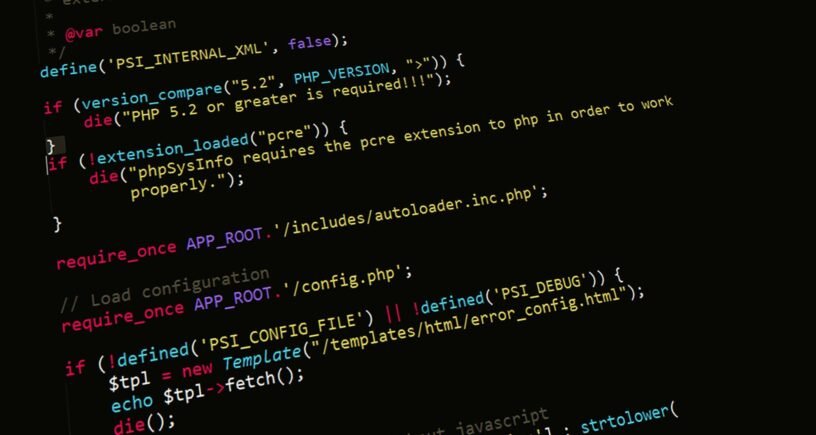Table of Contents
Introduction – Object-Oriented Programming
Ready to become a better coder and produce software that is more maintainable, scalable, and effective? Building strong applications can be facilitated by using the fundamental paradigm of object-oriented programming, or OOP. We’ll go over the three fundamentals of OOP—encapsulation, inheritance, and polymorphism—in this extensive guide, along with helpful resources to help aspiring engineers learn these ideas.
1. Understanding Object-Oriented Programming:
OOP is a programming paradigm that revolves around the concept of “objects,” which encapsulate data and the methods that operate on that data. The core principles of OOP are crucial for creating modular and reusable code.
- Resources:
- Object-Oriented Programming Concepts by JavaTpoint: An in-depth guide covering the fundamentals of OOP.
- Coursera – Object-Oriented Programming in Java by Duke University: Enroll in this course to learn OOP principles using Java.
2. Encapsulation:
Encapsulation involves bundling data and methods that operate on the data into a single unit, known as a class. It helps in hiding the internal details of an object and exposing only what is necessary.
- Resources:
- Encapsulation in Java – GeeksforGeeks: GeeksforGeeks provides a comprehensive guide to encapsulation in Java.
- YouTube – “Encapsulation in Object-Oriented Programming”: Watch this video for a visual explanation of encapsulation.

3. Inheritance:
Inheritance allows a new class (subclass/derived class) to inherit attributes and methods from an existing class (superclass/base class). It promotes code reuse and establishes a hierarchy of classes.
- Resources:
- Inheritance in Python – Real Python: Real Python’s tutorial on inheritance in Python.
- Khan Academy – Inheritance: Khan Academy offers interactive lessons on inheritance.
4. Polymorphism:
Polymorphism allows objects of different types to be treated as objects of a common type. It enables code flexibility and is achieved through method overloading and method overriding.
- Resources:
- Polymorphism in C++ – GeeksforGeeks: A guide to polymorphism in C++.
- JavaTpoint – Polymorphism: JavaTpoint’s tutorial on polymorphism in Java.
Tips for Effective Learning:
- Code Along:
- Implement OOP principles in your preferred programming language to reinforce your understanding.
- Build Projects:
- Create projects that leverage OOP principles, allowing you to see their practical applications.
- Explore Design Patterns:
- Learn common design patterns that use OOP principles for solving recurring problems in software design.
- Read OOP Books:
- Consider reading books like “Head First Design Patterns” by Eric Freeman and Elisabeth Robson for a deeper insight into OOP design.
Conclusion – Object-Oriented Programming
A major accomplishment in your coding journey is learning the fundamentals of object-oriented programming. Your software will become more modular, maintainable, and scalable if you actively use the available resources and incorporate these ideas into your work.
Happy coding!




1 Pingback